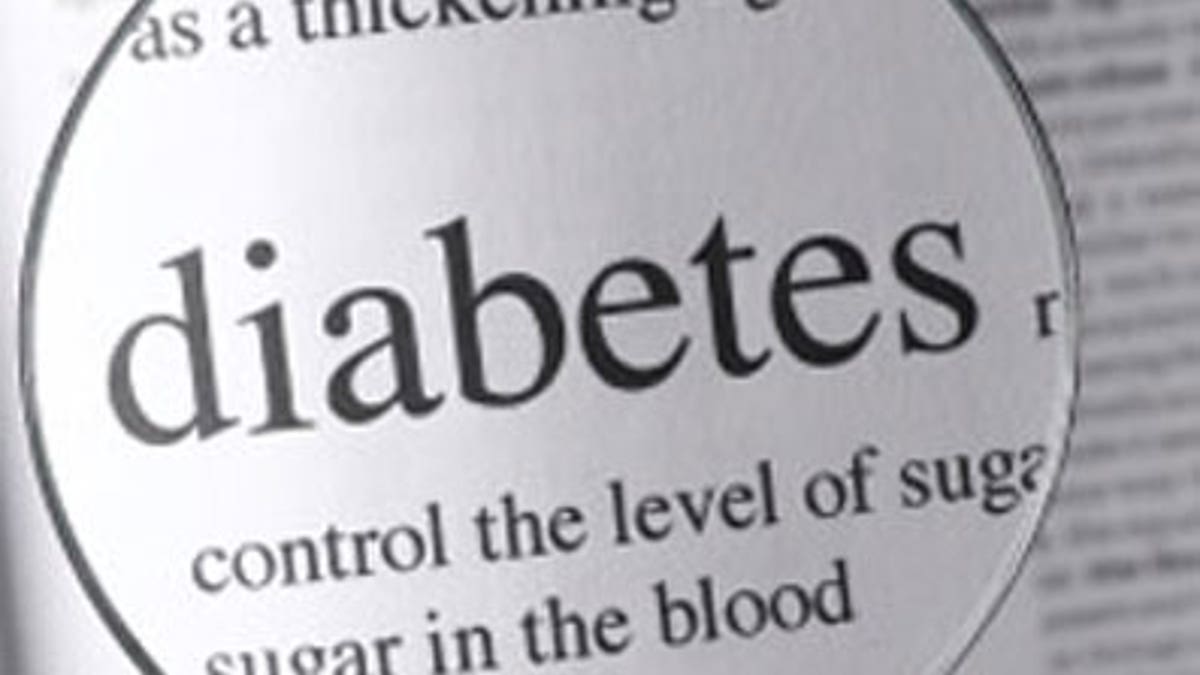
Diabetes researchers are hoping that an almost century-old vaccine for preventing tuberculosis may also reverse type 1 diabetes.
The FDA has approved a mid-stage trial to test the vaccine, called bacillus Calmette-Guerin (BCG), in 150 adults with advanced cases of the disease.
The approval was announced Sunday at the 75th Scientific Sessions of the American Diabetes Association by Dr. Denise Faustman, director of the Massachusetts General Hospital Immunobiology Laboratory in Boston and principal investigator of the study.
According to the American Diabetes Association, 5 percent of people with diabetes - or roughly three million individuals - have type 1, in which the immune system attacks and destroys insulin-producing beta cells in the pancreas.
Faustman told Reuters Health that the BCG vaccine temporarily raises levels of a substance called tumor necrosis factor, or TNF – and the higher TNF levels can eliminate the damaging T cells in the blood of individuals with type 1 diabetes.
In a small preliminary trial, Faustman’s team found that two BCG injections given four weeks apart temporarily eliminated diabetes-causing T cells. Patients also showed evidence of small, temporary return of insulin secretion.
This summer, she and her colleagues will begin enrolling patients ages 18 to 60 in a larger five-year trial. Participants will have low but detectable levels of insulin secretion from the pancreas. They'll receive two injections, four weeks apart, of either BCG or placebo, and then annual injections for the next four years.
If this trial is successful, the next step would be an even larger study in a greater number of patients.
"In the phase I (preliminary) trial we demonstrated a statistically significant response to BCG, but our goal in (this trial) is to create a lasting therapeutic response," Faustman said in a statement. "We will be working again with people who have had type 1 diabetes for many years. This is not a prevention trial; instead, we are trying to create a regimen that will treat even advanced disease.”
The BCG vaccine was first used in humans in 1921 as a vaccine against tuberculosis. More recently, its most common use in the U.S. has been in the treatment of bladder cancer.
“It’s a drug with an impeccable safety record,” Faustman said, noting that it has more than 90 years of clinical use and safety data.
Some diabetes specialists are skeptical about its potential to reverse diabetes, however. Robert Sobel, an assistant professor of endocrinology at Northwestern University’s Feinberg School of Medicine, says everyone working in diabetes is rooting for big discoveries, but he believes prevention will likely come before cure.
“I think it’s a stretch to say this would have a huge impact on the millions plus type I diabetes patients in this country,” Sobel said. “We would love to do something to preserve or repopulate their beta cell mass. Historically, we have watched it dwindle and have not been able to do something (in time).”
“Even people who have challenges with the science, they are certainly hoping that this works,” said Dr. Sethu Reddy, chief of the Adult Diabetes Section at Joslin Diabetes Center in Boston.
Reddy, who is working with Faustman on the BCG trial, added, “Those working in type 1 diabetes have been looking for a good treatment for many years. A lot of treatments have been successful in the short-term but have been challenged in the long-term setting.”
More than $19 million has been secured for the $25 million total needed for the study. Much of that has been granted by the Iacocca Foundation, which funds type 1 diabetes research.